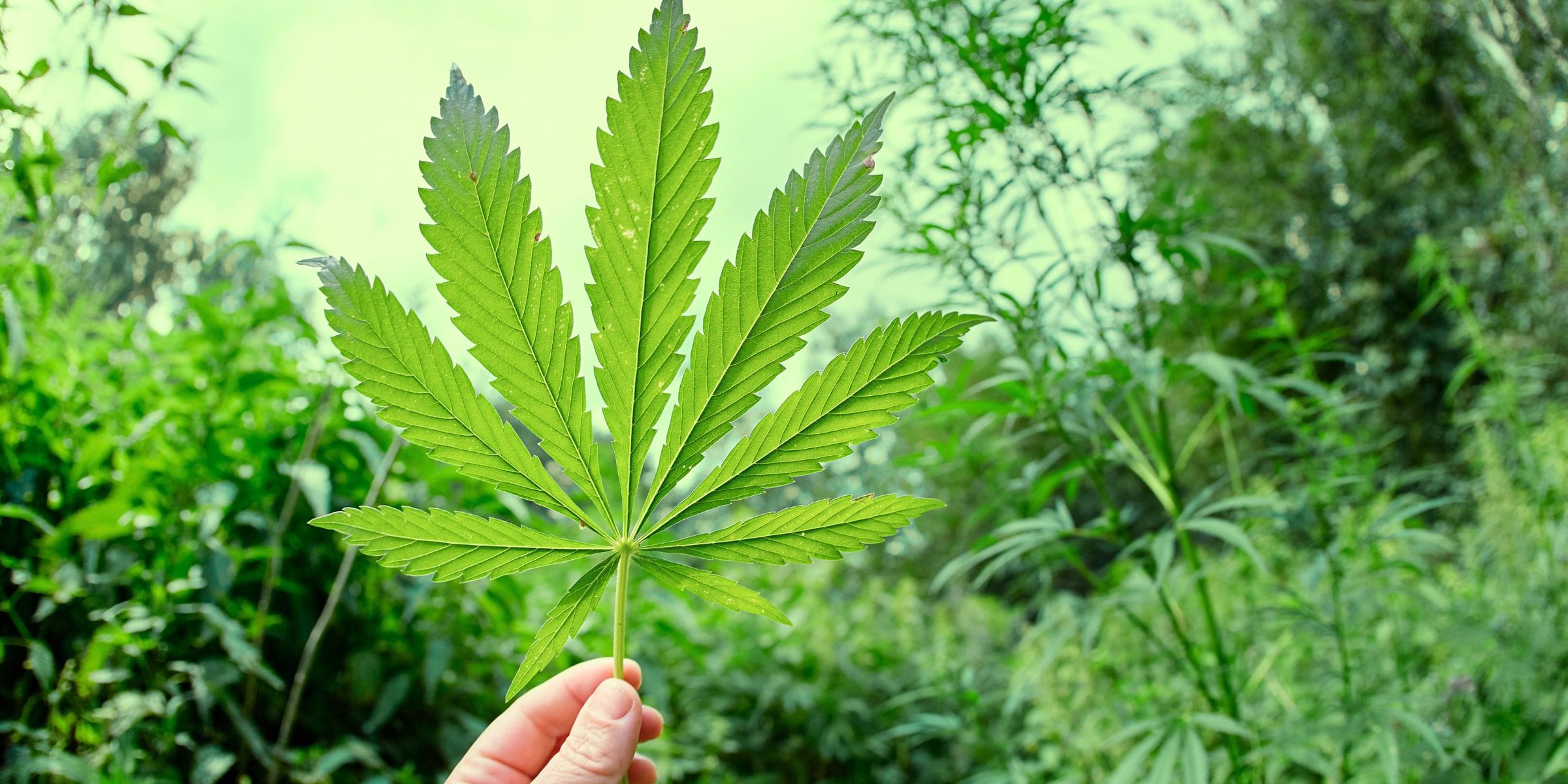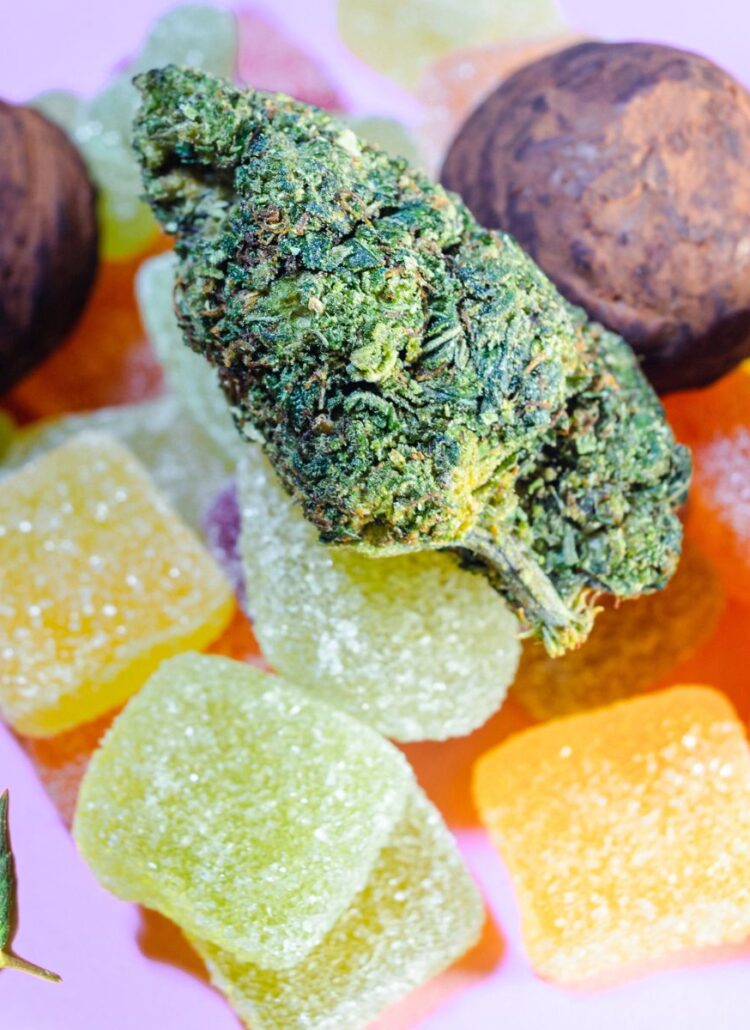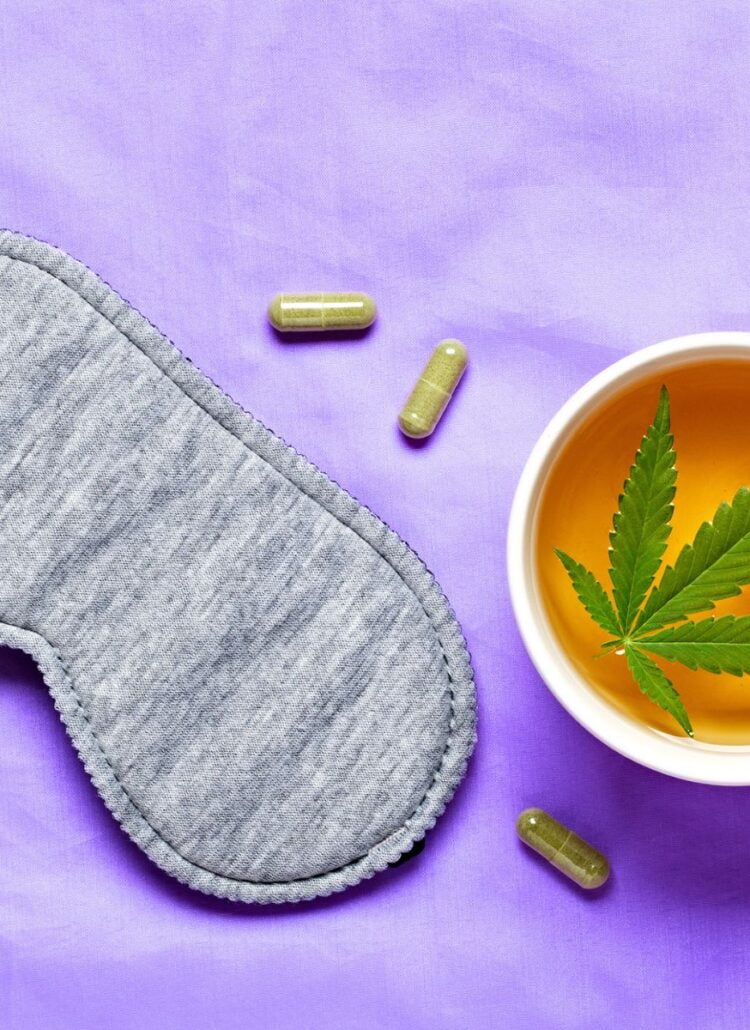
Introduction
Despite a surge in acceptance and legalization in recent years, myths and misconceptions about cannabis remain commonplace. For consumers in regions where access has expanded, such as those searching for a reliable Sacramento cannabis delivery service, understanding the truth about cannabis is vital. Science now offers deeper insights and clarification, allowing us to separate long-standing fiction from researched facts and emerging evidence. The sheer volume of conflicting information—often amplified by social media, word of mouth, or outdated sources—makes it even more important to rely on science when making decisions.
Many beliefs about cannabis, often rooted in fear or outdated information, no longer withstand scientific scrutiny. Increased scientific interest, along with more comprehensive data coming from newly legalized markets and clinical studies, paints a nuanced and fascinating picture of cannabis. Access to accurate, up-to-date information empowers everyone, whether they are potential consumers, patients, healthcare providers, or legislators, to make more informed and safe choices about cannabis. Removing the stigma around cannabis use not only allows for more honest conversations but also helps create a responsible culture of use.
Along with evolving perceptions, public interest in reliable cannabis availability and trustworthy health information has prompted new research and resources from major organizations like the Harvard Health Blog. Consulting reputable sources is essential in staying informed about the latest developments in cannabis science.
Myth 1: Cannabis Is a Gateway Drug
One of the most persistent myths claims that cannabis inevitably leads users to experiment with harder substances. However, scientific studies consistently show otherwise. The “gateway theory” has been frequently examined, and research from the Institute of Medicine and others finds that escalation is mostly linked to lifestyle factors such as environment, peer influences, trauma, or genetics, rather than cannabis itself.
For most people, early experiences with cannabis do not directly cause subsequent use of harder drugs; instead, the progression seen in a small subset of users is more accurately explained by socioeconomic or psychological factors. Most people who try cannabis do not progress to stronger substances, highlighting the importance of context and personal choice over simplified and misleading cause-and-effect narratives.
Many public health organizations, including the National Institute on Drug Abuse, have clarified that while a pattern of use can exist among some individuals, correlation does not mean causation. In fact, the vast majority of cannabis users do not move on to use harder drugs. Debunking this misconception helps to inform prevention efforts that are evidence-based and more effective.

Myth 2: Cannabis Use Leads to Laziness
The stereotype of the unmotivated “stoner” is widespread but unsubstantiated by scientific evidence. While excessive, chronic use may affect daily functioning in some individuals, most users do not experience a decline in motivation, ambition, or life satisfaction. In fact, anecdotal reports as well as emerging clinical studies suggest that certain strains—and certain cannabinoids—may enhance creativity, focus, or mood. The relationship between cannabis and motivation is more complex than old stereotypes suggest and depends on individual differences and the context in which cannabis is used.
Motivation is a multi-dimensional trait influenced by a combination of personality, environment, genetics, and social setting, not simply by moderate cannabis use. Recent studies have found no significant difference in academic achievement or workplace performance between cannabis users and non-users when usage is responsible and not excessive. For those who use cannabis occasionally and thoughtfully, the feared loss of drive is generally unfounded.
Myth 3: Cannabis Is Highly Addictive
Cannabis does carry some risk of dependence, but the level of risk is considerably lower than substances like alcohol, nicotine, or opioids. Epidemiological studies suggest approximately 9% of users may develop some level of dependence, compared to much higher rates—such as 32% for nicotine or 15% for alcohol. Most cannabis users do not develop problematic use or withdrawal symptoms. It’s important to distinguish between physical addiction and psychological reliance, as only a small minority of users experience severe withdrawal or disruption in daily life.
Responsible, informed use is crucial to minimizing risk, as is recognizing signs of problematic use early. People with a personal or family history of substance abuse or existing mental health conditions may have a higher risk and should consult with healthcare professionals before using cannabis. Open, honest conversation about risks and boundaries is an important part of harm reduction.
Myth 4: Cannabis Has No Medicinal Value
Modern medical research and patient experiences directly contradict this myth. Cannabis and its compounds—especially cannabidiol (CBD) and tetrahydrocannabinol (THC)—are used today for a variety of health conditions, including chronic pain, seizure disorders, inflammation, anxiety, and muscle spasticity. The FDA’s approval of Epidiolex for rare epilepsy syndromes represents mainstream recognition of cannabis’s therapeutic potential. Clinical trials and patient case reports indicate that medical cannabis can significantly improve the quality of life for patients where other medications have failed or cause intolerable side effects.
Ongoing research is exploring the efficacy of cannabis in areas such as multiple sclerosis, PTSD, cancer-related side effects like nausea and appetite loss, and arthritis, as documented by organizations such as the National Cancer Institute. The range of medical applications continues to grow as legal barriers are reduced and more clinical evidence becomes available. Patients and healthcare providers are encouraged to discuss potential risks and benefits on a case-by-case basis.
Myth 5: Legalization Increases Crime Rates
Fears that legal cannabis leads to spikes in crime rates or community disorder are not confirmed by research or real-world data. Several studies analyzing crime rates in early adopter states such as Colorado, Washington, and Oregon found that violent and property crime rates fell or remained stable after legalization. These findings challenge outdated assumptions and suggest that a regulated, transparent system may actually reduce certain criminal activities by displacing illicit markets and freeing up law enforcement resources for more serious crimes.
Furthermore, studies indicate that regulated cannabis businesses often contribute to neighborhood revitalization through economic growth and new jobs, which can indirectly reduce crime. Public safety data continues to be monitored in legal states to ensure that policies remain effective at balancing freedom, health, and safety.
Myth 6: Cannabis Use Causes Lung Cancer
Concerns persist about the respiratory effects of smoking cannabis, including claims that it causes lung cancer. While chronic, heavy cannabis smoking can irritate the lungs and lead to symptoms of bronchitis or coughing, long-term research—including large population studies—has found no strong or consistent link between cannabis use and lung cancer risk. Some studies have even explored cannabis’s potential anti-cancer properties at the cellular level, although more research is required before definitive conclusions can be made.
Safer consumption methods, such as edibles, tinctures, or vaporizers, can further reduce respiratory irritation and the risks associated with inhaling combusted material. For individuals with concerns about lung health, non-smoking options provide practical alternatives that maintain the benefits of cannabinoids without the negative effects on respiratory tissue.
Myth 7: All Cannabis Strains Have the Same Effect
The idea that all cannabis strains act identically is simply incorrect. Cannabis is a diverse plant with hundreds of distinct strains, each possessing a unique combination of cannabinoids (like THC or CBD) and aromatic compounds called terpenes. These profiles strongly influence the psychoactive and medicinal effects of each variety. Indica strains are often associated with relaxation and calming body effects, while sativa strains are more likely to energize and uplift, enhancing creativity or social interaction. Hybrids are bred to provide balanced or targeted experiences.
Understanding strain differences allows users to tailor their experience to their needs—whether for pain relief, focus, relaxation, or enjoyment. Reputable dispensaries and medical professionals can help guide patients and consumers to the right strain for their unique goals.
Myth 8: Cannabis Use Leads to Violent Behavior
This myth has been refuted repeatedly by scientific studies over the last several decades. Cannabis’s primary psychoactive effects are more likely to induce feelings of relaxation, euphoria, and even drowsiness, rather than provoke violence or aggression. Reviews by major health organizations, including the World Health Organization, have concluded that there is no substantive link between cannabis use and heightened violent tendencies.
In contrast, alcohol consumption is far more closely associated with increased aggression and risky behaviors. By properly understanding the actual behavioral effects of cannabis, we can dispel lingering fears and avoid unfair stigmatization of responsible users.
By debunking these myths, communities and consumers can better understand cannabis, support science-backed dialogue, and encourage more responsible usage and policymaking. As more research continues to emerge, staying informed and open-minded is the best way to benefit from cannabis while minimizing risks.
Pin This Post





